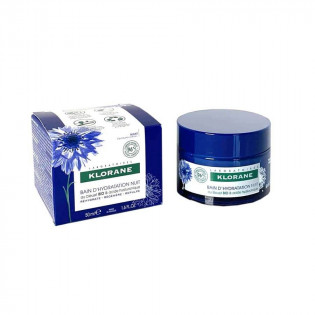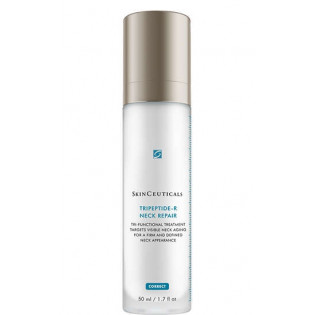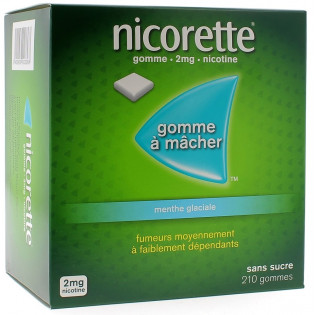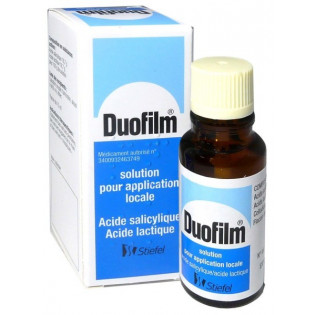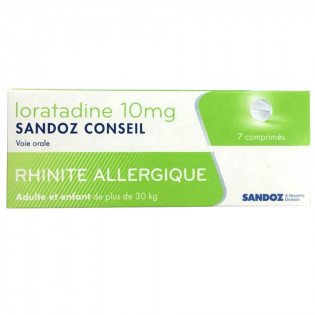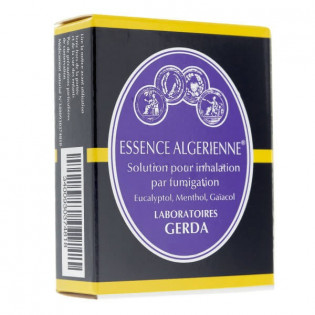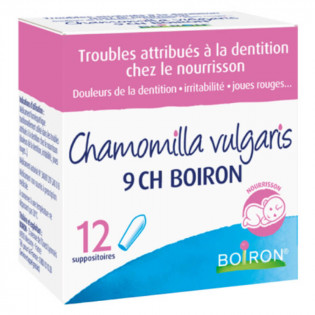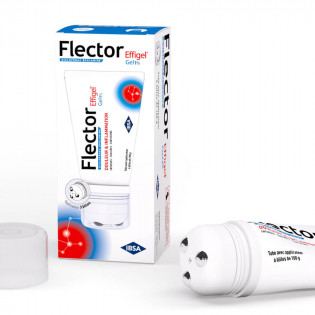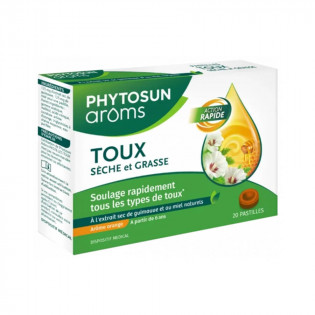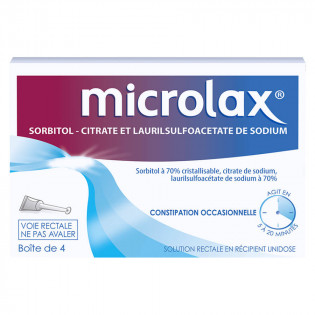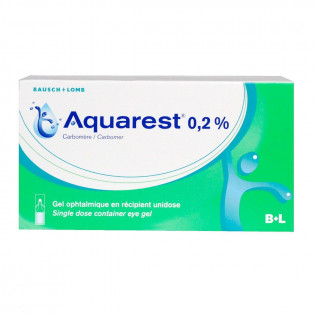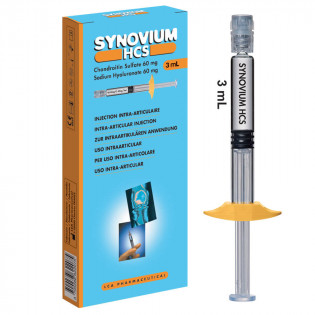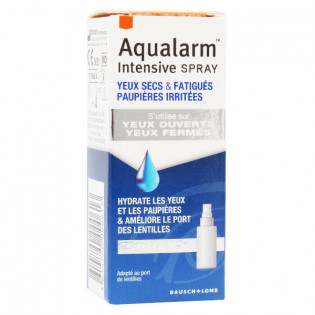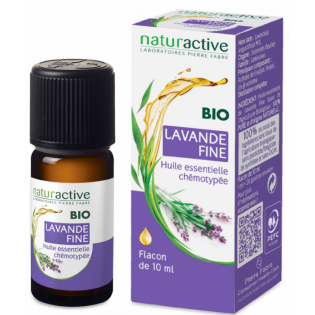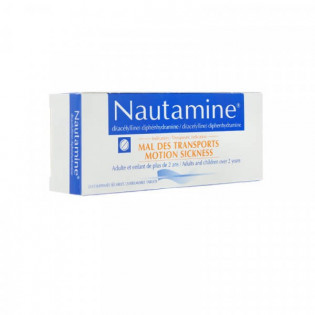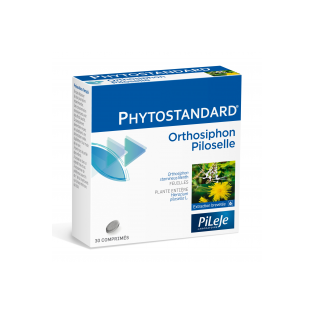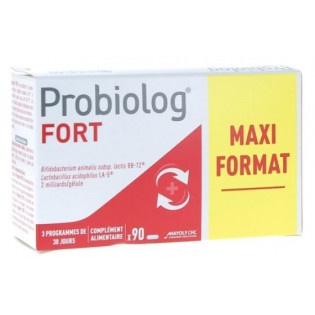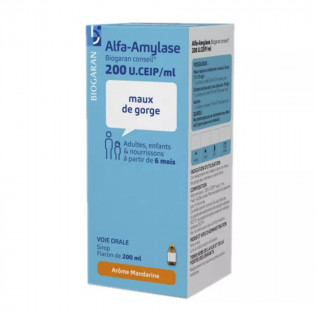Description:
What is ASPIRIN UPSA used for?
This medicine contains aspirin, which has many properties: analgesic and antipyretic, but also anti-inflammatory in high doses, and blood thinner.
It is used :
- to lower fever and in the treatment of various pains,
- in the treatment of inflammatory rheumatism.
Active substance: Acetylsalicylic acid
Common excipients: Citric acid anhydrous, Aspartam, Sodium bicarbonate, Orange flavour, Povidone, Sodium, Sulphur dioxide
Other excipients (specific to some forms): Crospovidone, Lactose anhydrous, Potassium benzoate, Sodium carbonate anhydrous, Monosodium citrate anhydrous
Contraindications of the medication ASPIRIN UPSA
This medicine should not be used in the following cases:
- allergy to salicylates or NSAIDs,
- a history ofasthma induced by aspirin orNSAIDs,
- stomach or duodenal ulcers,
- hemorrhage and risk of bleeding,
- severe hepatic impairment,
- severe renal failure,
- severe heart failure,
- phenylketonuria (presence of aspartame),
- in association with methotrexate used at doses greater than 20 mg per week,
- in combination with oral anticoagulants in persons with a history of stomach or duodenalulcers,
- pregnancy (from the 6th month).
Warning
Aspirin is not a harmless drug. Any overdose or prolonged intake can lead to serious complications.
Taking aspirin requires prior medical advice in case of ahistory of stomach or duodenalulcer, even old,renal insufficiency, G6PD deficiency,asthma, gout and in women who have an intrauterine device (IUD).
Avoid taking this medication during the week before a tooth extraction, an operation or during heavy menstruation: increased risk ofbleeding.
The use of aspirin in children should be cautious in cases of chickenpox or fever due to a virus (influenza, etc.). Cases of Reye's syndrome, rare but sometimes fatal, have been reported. This syndrome results in consciousness disorders and vomiting. In case of fever due to a virus, and in the absence of medical advice, other antipyretics (e.g. paracetamol) should be preferred.
This medicine contains a significant amount of salt(sodium).
Interactions of ASPIRIN UPSA with other substances
Interactions vary in intensity depending on the doses of aspirin used. If you are being treated with any of the following drugs, do not take aspirin without the advice of your doctor or pharmacist.
Aspirin used in high doses (more than 3 g per day) should not be combined with methotrexate (used in doses greater than 15 mg/week): increased risk of methotrexate toxicity.
Aspirin may interact with:
- other nonsteroidal anti-inflammatory drugs(NSAIDs): increased risk ofadverse effects;
- oral anticoagulants, heparin and antiplatelet agents (PLAVIX...): increased risk of bleeding;
- medicines containing probenecid.
Also inform your doctor or pharmacist if you are taking an antidiabetic, an antihypertensive of the family of conversionenzyme inhibitors or angiotensin II inhibitors, an antidepressant of the IRS family, a diuretic or a corticoid.
Fertility, pregnancy and lactation
Pregnancy:
Adverse effects on the mother and the unborn child have been demonstrated when aspirin, like other NSAIDs, is used during the last 4 months of pregnancy; the risk exists even with a single dose and even if the pregnancy is at term.
Therefore, except in very specific medical situations, aspirin can only be used occasionally during the first 5 months, and its use is contraindicated from the 6th month.
Breastfeeding:
Aspirin passes into breast milk: its use is not recommended in breastfeeding women.
Directions for use and dosage of ASPIRIN UPSA
The 1000 mg tablets are for adults and children over 50 kg.
The tablets should be dissolved in a glass of water.
The medicine should be taken at least 4 hours apart.
Usual dosage:
Isolated pain and fever:
- Adults and children over 50 kg: 500 mg or 1 g (i.e. 1 or 2 tablets of 500 mg or 1 tablet of 1000 mg) per dose to be repeated if necessary after a minimum of 4 hours, without exceeding the dose of 3 g of aspirin per day (i.e. 6 tablets of 500 mg or 3 tablets of 1000 mg per day).
In the elderly, it is preferable not to exceed the dose of 2 g of aspirin per day (i.e. 4 tablets at 500 mg or 2 tablets at 1000 mg per day).
- Children from 30 to 50 kg: 60 mg per kg per day, divided into 4 or 6 doses, i.e. 15 mg per kg every 6 hours or 10 mg per kg every 4 hours. As an indication:
o child from 30 to 40 kg (approximately 9 to 13 years): 1 tablet at 500 mg, to be repeated if necessary after 6 hours without exceeding 4 doses per day ;
o children weighing 41 to 50 kg (approximately 13 to 15 years): 1 tablet of 500 mg, repeated if necessary after 4 hours, but not more than 6 times a day.
Without medical advice, the duration of treatment should not exceed 3 days in case of fever and 5 days in case of pain.
Rheumatic pain:
The dosage is 3 to 6 g of aspirin per day in adults and 50 to 100 mg per kg per day in children, under medical supervision.
Advice
Many medicines contain aspirin or NSAIDs (such as ibuprofen or naproxen); make sure you do not take several medicines containing these substances at the same time, as taking them together may increase the risk ofside effects.
Possible side effects of ASPIRIN UPSA
Gastritis, abdominal pain, bleeding from the nose or gums.
Rare and sometimes serious :
- bleeding of the digestive tract: bloody vomiting, black stools, or more often imperceptible blood loss, responsible for the progressive appearance of anemia;
- allergic accidents: urticaria, oedema, asthma.
Signs that may indicate an overdose: ringing in the ears, sensation of decreased hearing, headaches.
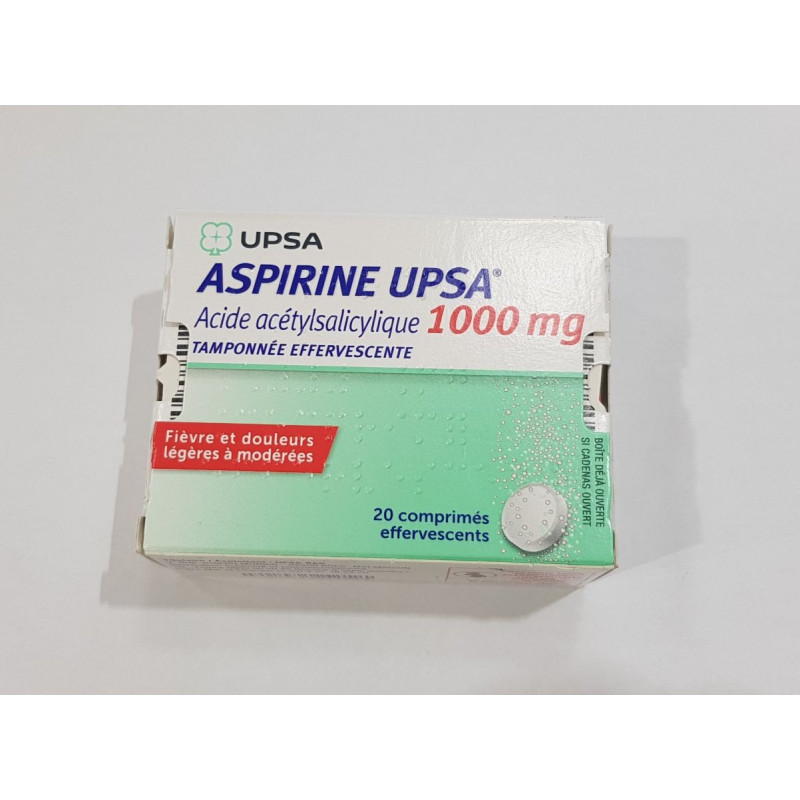
 Français
Français English
English
